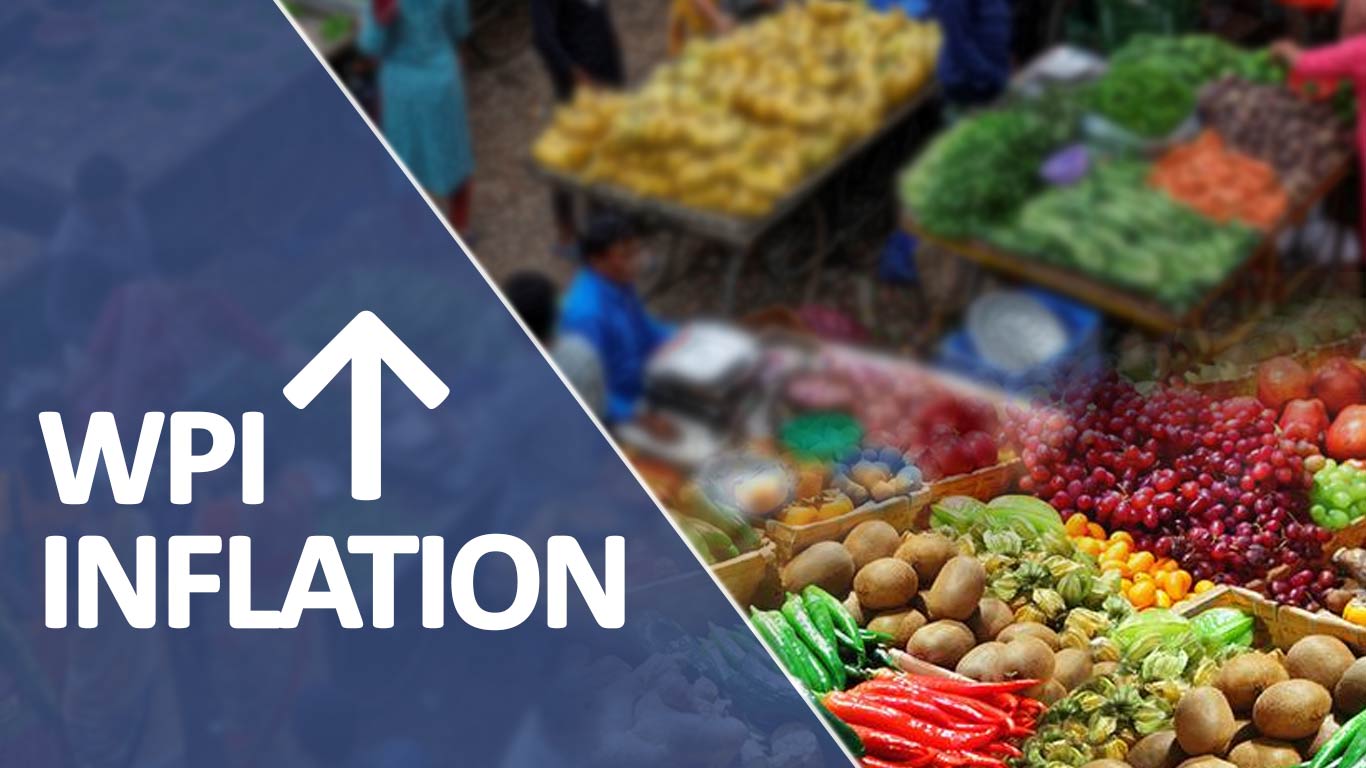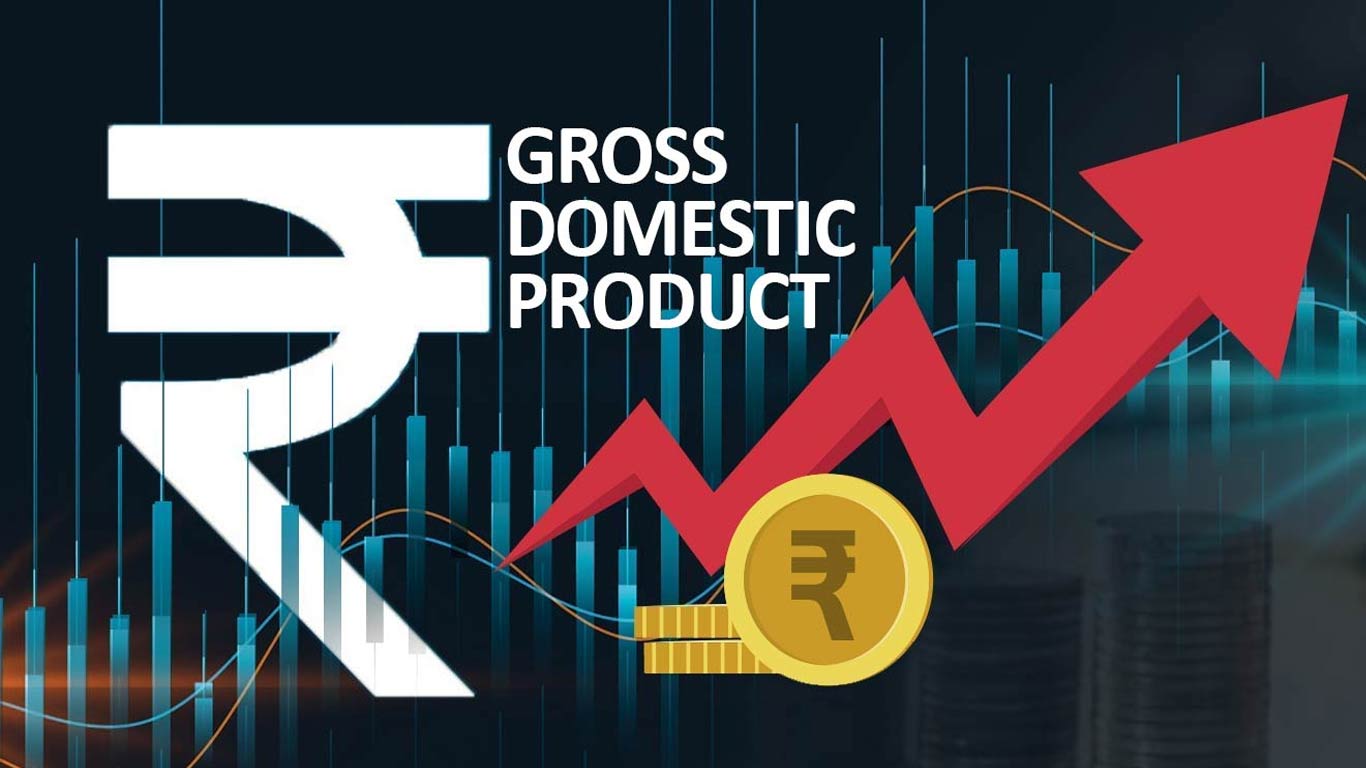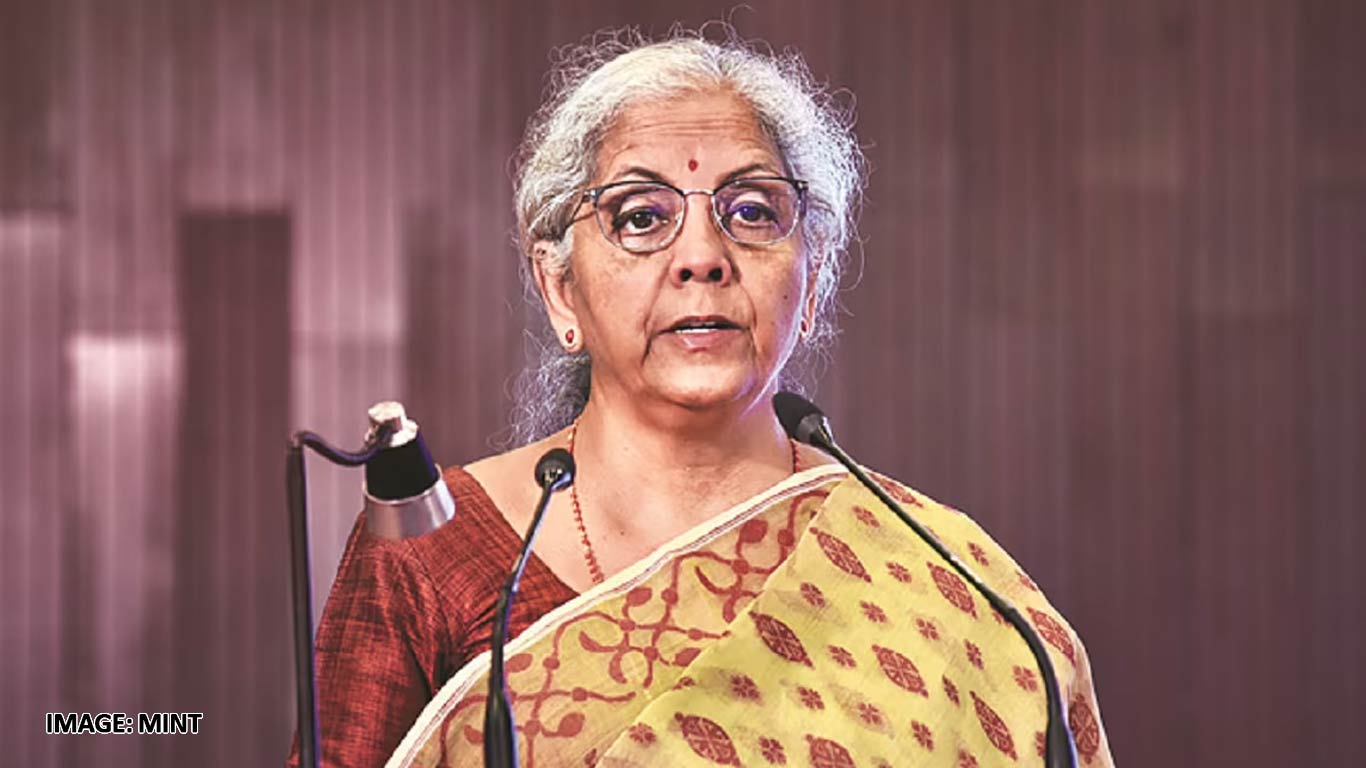Raghuram Rajan takes charge from Subbarao as new RBI Governor
Updated: Sep 04, 2013 03:43:08pm

In his inaugural remarks, he referred to the current economic storm right at the outset. “These are not easy times, and the economy faces challenges. At the same time, India is a fundamentally sound economy with a bright future. Our task today is to build a bridge to the future, over the stormy waves produced by global financial markets. I have every confidence we will succeed in doing that,” the new RBI governor said on a note of hope.
He also laid considerable emphasis on inclusive development. “As the central bank of a developing country, we have additional tools to generate growth – we can accelerate financial development and inclusion. Rural areas, especially our villages, as well as small and medium industries across the country, have been important engines of growth even as large company growth has slowed. But access to finance is still hard for the poor, and for rural and small and medium industries. We need faster, broad based, inclusive growth leading to a rapid fall in poverty,” he said.
Speaking about financial infrastructure, “For small and medium firms, we intend to facilitate Electronic Bill Factoring Exchanges, whereby MSME bills against large companies can be accepted electronically and auctioned so that MSMEs are paid promptly. This was a proposal in the report of my Committee on Financial Sector reforms in 2008, and I intend to see it carried out,” he said.
50-year-old Rajan has taken over from Duvvuri Subbarao on his completing five years as RBI Governor.
A world-renowned economist and award-winning expert in the finance of economic growth, Rajan was Economic Counsellor and Director of Research (chief economist) at the International Monetary Fund from 2003 to December 2006, the youngest person ever to hold the position.
He was also honorary economic advisor to the Prime Minister, much acclaimed for predicting the 2008 global financial crisis.
An alumnus of IIM-Ahmedabad and IIT-Delhi, Rajan received his PhD from the Massachusetts Institute of Technology. Before taking over as CEA, he was professor at the University of Chicago's Booth School of Business.
Rajan was also involved with Financial Sector Reforms, as authorised by the Planning Commission.
His most recent book, Fault Lines: How Hidden Fractures Still Threaten the World Economy, was the 2010 Financial Times / Goldman Sachs Business Book of the Year.
In Fault Lines, Rajan argues that serious flaws in the economy are to blame, and warns that a potentially more devastating crisis awaits us if they aren't fixed. Rajan outlines several sensible reforms that will ensure a more stable world economy.
The new government and the RBI will have a difficult task of bringing CAD down to USD 70 billion in the current fiscal, from USD 88.2 billion last year.
Subbarao moved to Mumbai in September 2008 from the North Block where he was Finance Secretary and had to face the emerging financial meltdown, the worst that the world had witnessed since the 'Great Depression' of 1930s.
Subbarao’s 5 years term witnessed global financial stress that impacted India too.
Under his leadership, the RBI raised policy rates 13 times between March, 2010 and October, 2011. RBI's tough stance brought down wholesale inflation from double digits in 2010-11 to around 5 per cent now and core inflation declined to around 2 per cent. (KNN/ES/SD)











